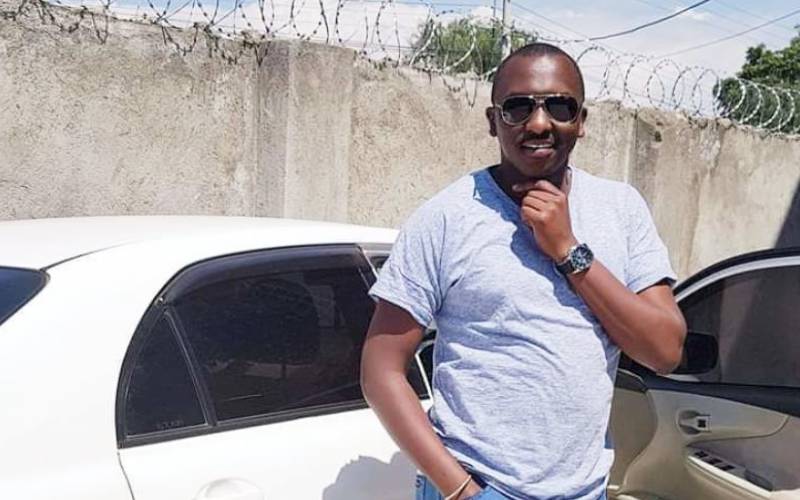
His murder was as mysterious as his lifestyle. Kipyegon Kenei (pictured), the head of security at the office Kenya’s Deputy President led a life that confounded even close colleagues.
Little wonder, when he was found murdered on February 25, some of them had no idea he lived at Twiga Court in Imara Daima estate, Nairobi.
Uncover the stories others won’t tell. Subscribe now for exclusive access
- Unlimited access to all premium content
- Uninterrupted ad-free browsing experience
- Mobile-optimized reading experience
- Weekly Newsletters
- MPesa, Airtel Money and Cards accepted
